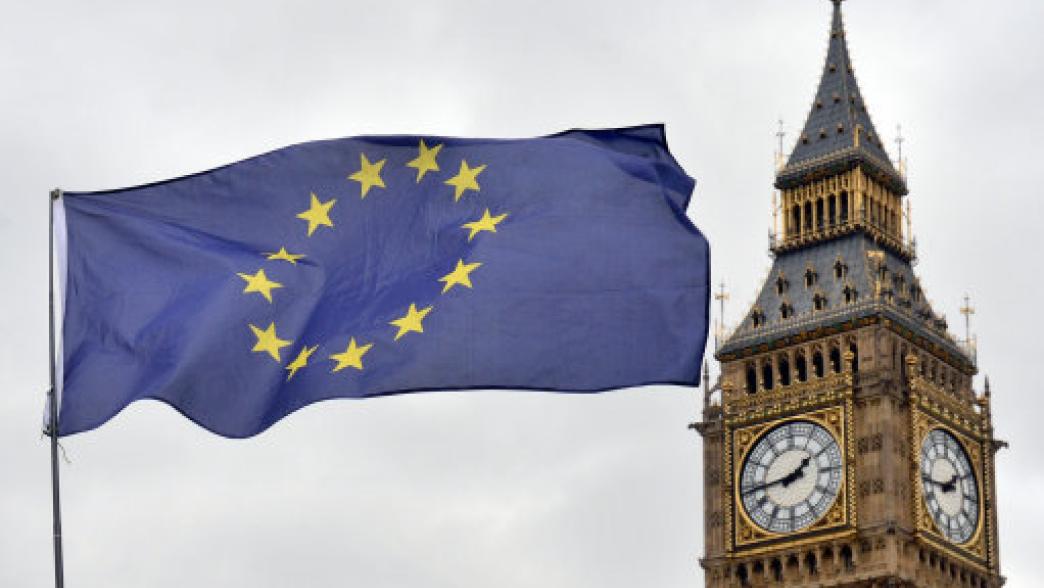What does a snap general election mean for Brexit?

Theresa May has announced her intention to hold a general election on 8 June. Oliver Ilott argues that this will have more impact on the domestic programme for Brexit than on the international negotiations.